Pros and Cons of Living in Virginia: Is Relocating to the Old Dominion Right for You?

Are you considering a move to Virginia? With its rich history, diverse landscapes, and vibrant cities, the Old Dominion may hold an enticing appeal. However, like any other state, Virginia has its own set of advantages and disadvantages to consider before making the leap. In this article, we’ll delve into the 10 pros and cons of living in Virginia, helping you determine if it’s the right place for you to call home.
Virginia, situated on the East Coast of the United States, offers a diverse range of experiences, from its bustling cities to its serene coastal areas and breathtaking mountain regions. By exploring the pros and cons, you can better understand what living in Virginia entails, allowing you to make an informed decision about your future.
So, let’s go on a journey through the charms and challenges of the Old Dominion. We’ll examine everything from the cost of living and recreational opportunities to the unique characteristics of different regions within the state.
Ready to explore the pros and cons of moving and living in Virginia? Let’s dive in!
If you are looking to call Virginia home, be sure to check out where to visit while in Virginia.
Pros and Cons of Living in Virginia
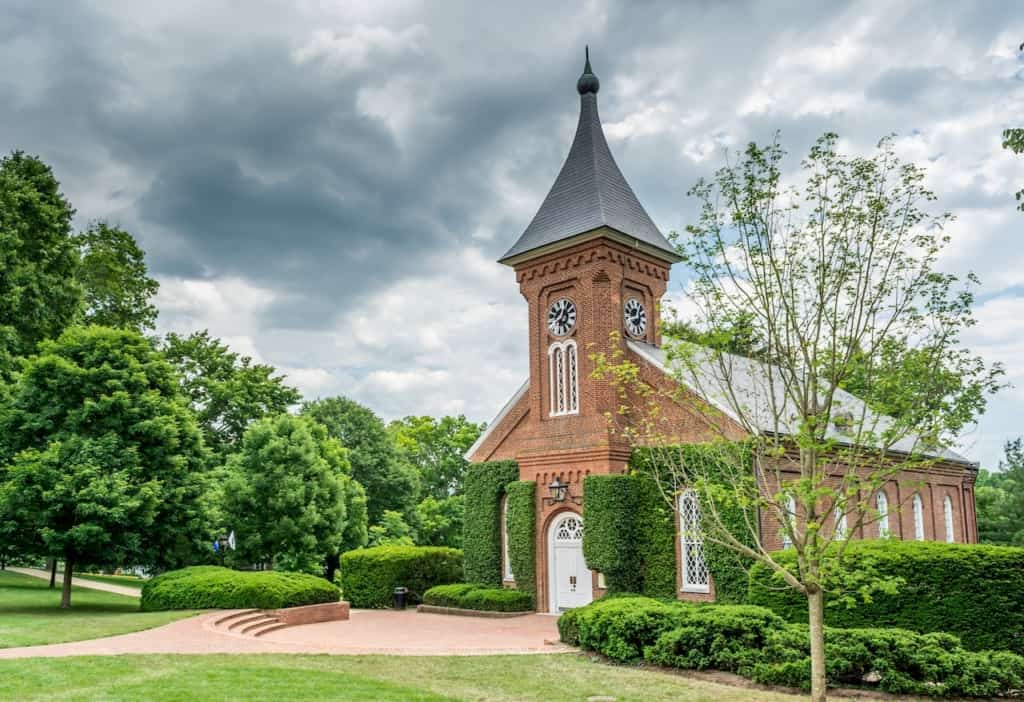
Living in Virginia comes with its own set of advantages and disadvantages. To help you gain a comprehensive understanding, let’s explore the pros and cons of residing in the Old Dominion state. These are the essential things to know before moving to this amazing state.
Pros of Living in Virginia
Virginia offers a variety of appealing aspects that make it an attractive place to live. Here are some of the key pros to consider:
Vibrant Cities and Coastal Charm:
- Virginia is home to vibrant cities like Richmond, Alexandria, and Norfolk, offering a bustling urban lifestyle and a wealth of cultural attractions.
- The scenic coastal areas, such as Virginia Beach, Chesapeake Bay, and the Eastern Shore, provide a refreshing seaside ambiance.
Diverse and Historical Richmond:

- Richmond, the state capital, boasts a rich history, with landmarks like the historic Shockoe Bottom and the iconic Virginia State Capitol.
- The city is a hub of cultural events, vibrant neighborhoods, and a thriving arts and culinary scene.
Enchanting Virginia Beach:
- Virginia Beach, known for its pristine beaches and lively boardwalk, offers a relaxed coastal lifestyle with ample recreational activities, including fishing, surfing, and boating.
Northern Virginia’s Economic Opportunities:
- Northern Virginia, encompassing the suburbs of Washington, D.C., is a thriving economic region with abundant job opportunities, particularly in technology, government, and defense sectors.
Abundance of Nature and Outdoor Activities:
- Virginia is blessed with diverse natural landscapes. The majestic Blue Ridge Mountains to scenic national parks like Shenandoah National Park and the Great Dismal Swamp consider Virginia home.
- Outdoor enthusiasts can indulge in activities like hiking, camping, fishing, and wildlife exploration.
Access to Prestigious Universities like the University of Virginia and Virginia Tech:
- Virginia is no exception to renowned universities, offering excellent educational opportunities and fostering a vibrant intellectual community.
- University of Virginia, Virginia Tech, George Mason University, James Madison University, Virginia Commonwealth University are all located in Virginia.
Rich Cultural Heritage and Landmarks:
- Virginia has a history that is deeply intertwined with the birth of the nation, and the state is home to numerous historic landmarks, such as Monticello and Colonial Williamsburg.
- The preservation of cultural heritage creates an immersive experience and educational opportunities for residents.
Proximity to the Blue Ridge Mountains:
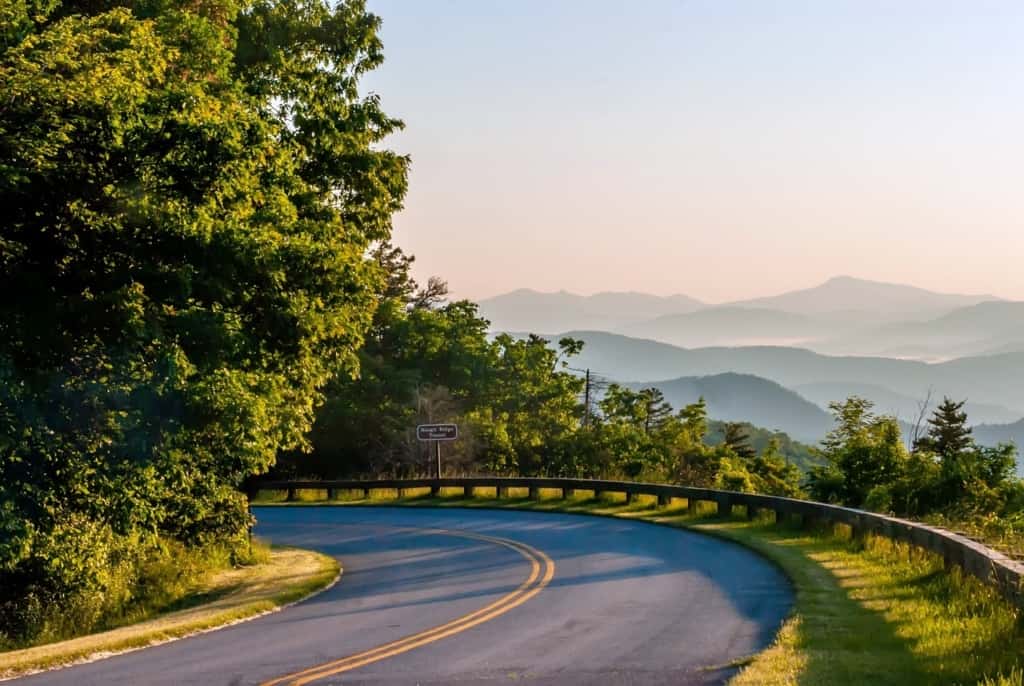
- Virginia’s proximity to the Blue Ridge Mountains provides residents with access to breathtaking scenery, hiking trails, and outdoor adventures.
Notable Figures: George Washington and Thomas Jefferson:
- Virginia is the birthplace of prominent historical figures like George Washington and Thomas Jefferson, adding to its cultural significance.
Warm Southern Hospitality:
- Virginians are known for their warm and friendly nature, embodying the renowned Southern hospitality that can make newcomers feel welcome and at home.
Cons of Living in Virginia
While Virginia offers numerous advantages, it’s also essential to consider the potential downsides. Here are some cons to keep in mind when contemplating a move to the Old Dominion:
High Cost of Living in Some Areas:
- Certain regions in Virginia, particularly in and around major cities like Northern Virginia and Richmond, have a higher cost of living compared to the national average.
- Housing, utilities, and other expenses may be relatively higher in these areas.
Traffic Congestion in Metropolitan Regions:
Major metropolitan regions like Northern Virginia, Richmond, and Hampton Roads can experience heavy traffic congestion during peak hours, which may impact daily commutes and travel times.
Varied Tax Rates Across the State:
- Virginia’s tax structure can vary across different localities and regions.
- It’s important to research and understand the specific tax rates and regulations applicable to the area you plan to live in.
Weather Extremes and Hurricanes:
- Virginia experiences a range of weather conditions, including hot and humid summers, cold winters, and occasional severe weather events like hurricanes and tropical storms.
- Being prepared for varying weather patterns and potential natural disasters is crucial.
Particular Challenges in Rural Areas:
- Rural areas of Virginia may face specific challenges, such as limited access to amenities, healthcare facilities, and job opportunities.
- It’s important to consider your lifestyle preferences and needs when contemplating living in rural parts of the state.
Limited Public Transportation Options in Certain Regions:
- While major cities in Virginia have public transportation systems, some rural and suburban areas may have limited public transit options.
- Reliance on personal vehicles might be necessary in such areas.
It’s important to weigh these cons against the pros and your personal preferences to make an informed decision about living in Virginia. Understanding the potential challenges can help you plan and adapt accordingly, ensuring a smoother transition to your new home.
Cost of Living in Virginia
When considering a move to Virginia, it’s crucial to understand the cost of living in the state. Let’s delve into your various expenses and how they compare to the national average.
Housing:
The cost of housing in Virginia can vary significantly depending on the location. Urban areas like Northern Virginia and Richmond tend to have higher housing costs compared to rural or suburban regions. Renting an apartment or owning a home in the major cities may require a larger portion of your budget. However, more affordable housing options are available in suburban areas and smaller towns.
Utilities:
The cost of utilities in Virginia, including electricity, heating, cooling, water, and garbage, generally falls within the national average.
However, it’s important to note that the specific utility rates may vary based on the utility providers in your area.
Transportation:
Transportation expenses can vary depending on your location and commuting needs. Urban areas like Northern Virginia may offer more public transportation options, such as buses and commuter trains, which can help reduce transportation costs. However, rural areas might require more reliance on personal vehicles, resulting in higher expenses for fuel, maintenance, and insurance.
Groceries and Consumer Goods:

Virginia’s groceries and consumer goods cost is typically comparable to the national average. However, prices can vary depending on the specific region and proximity to urban centers.
Healthcare:

Healthcare costs in Virginia are generally in line with the national average. The state offers a wide range of healthcare facilities and providers, ensuring quality medical care across different regions.
Comparison to the National Average:
Overall, the cost of living in the state of Virginia can be slightly higher than the national average, particularly in urban areas with higher housing costs. However, it’s important to remember that the state also offers a range of affordable housing options, especially in suburban and rural areas.
By carefully assessing your budget and considering your specific needs and preferences, you can find a suitable living arrangement that aligns with your financial goals and lifestyle.
Best Places to Live in Virginia
Virginia offers a plethora of fantastic cities and regions to call home, each with its own unique charm and attractions. Let’s explore some of the top-rated places to live in the state, catering to various preferences and lifestyles.
Finding Your Ideal Spot
Arlington:
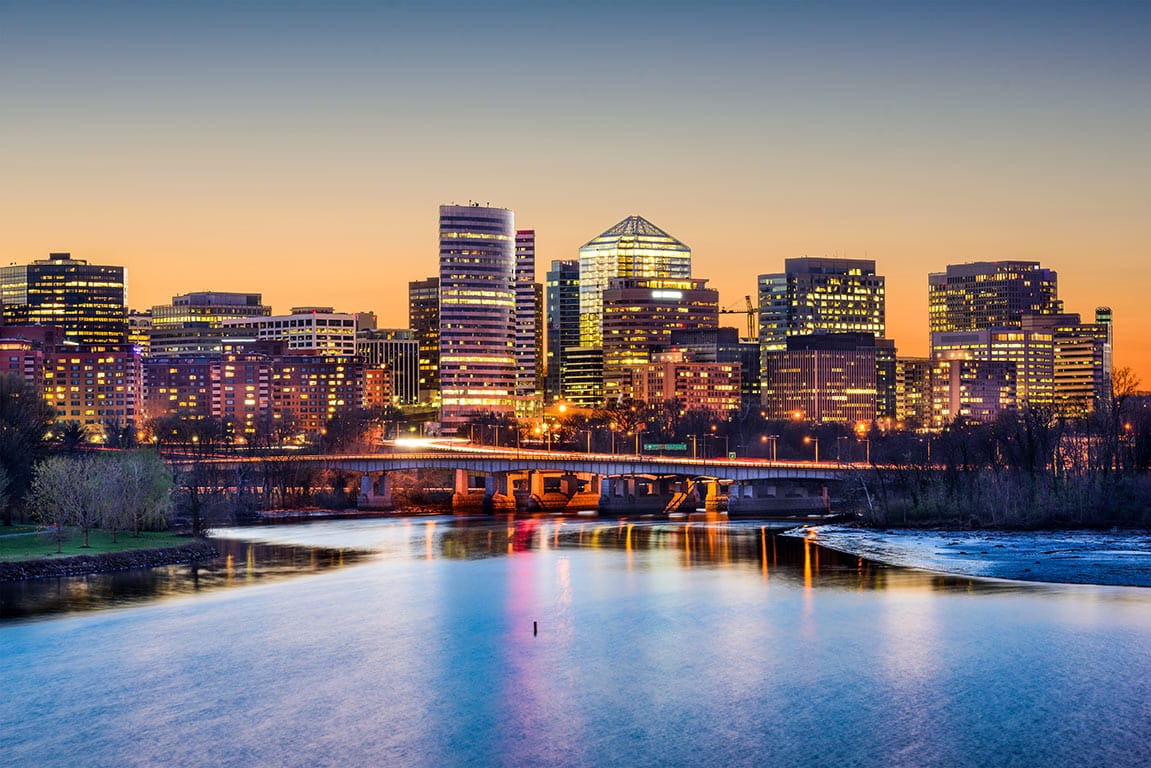
- Located just across the Potomac River from Washington, D.C., Arlington offers a vibrant urban lifestyle with easy access to the nation’s capital.
- The city is known for its diverse neighborhoods, excellent schools, and proximity to major employers and government agencies.
Alexandria:
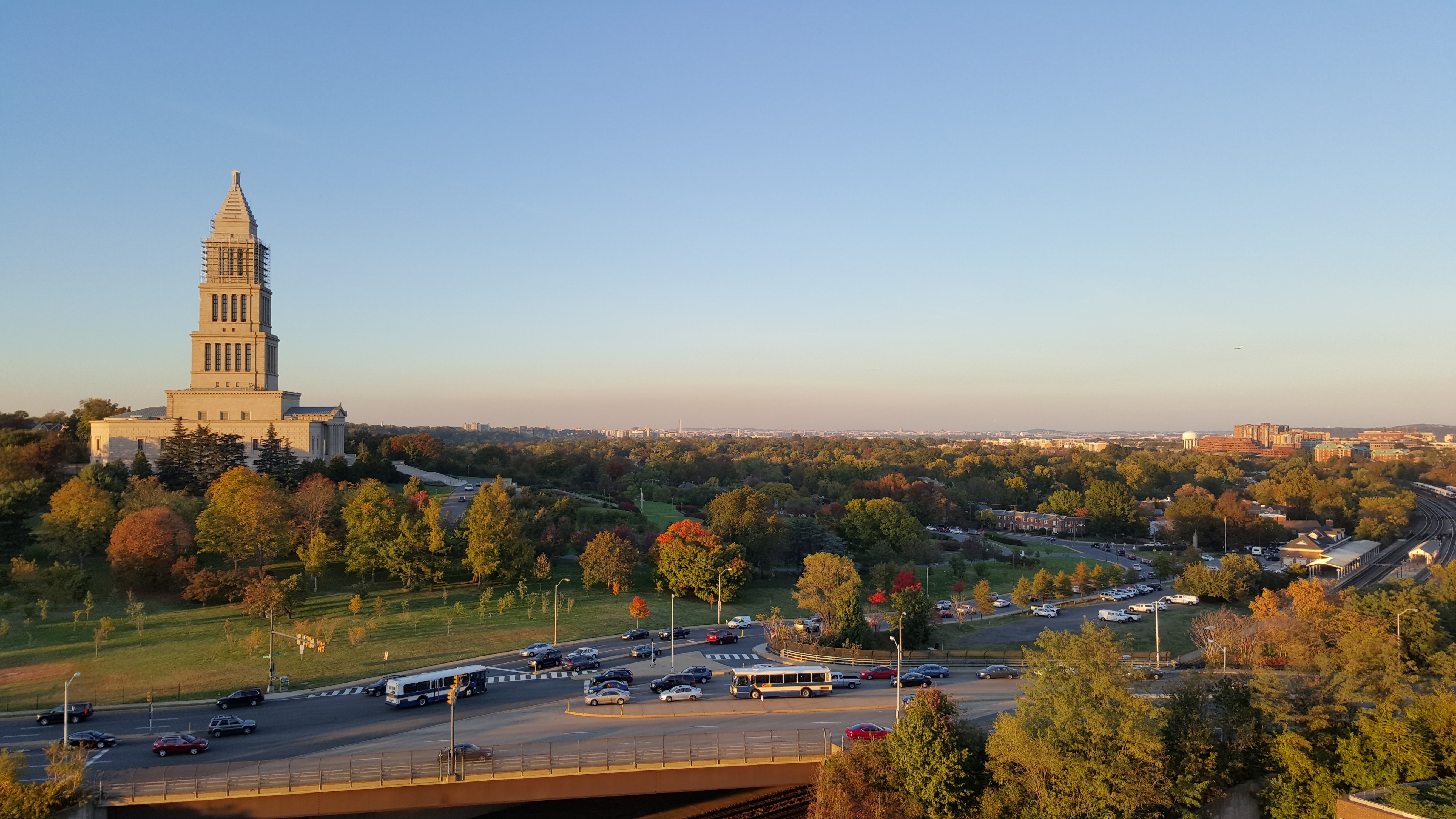
- Situated along the banks of the Potomac River, Alexandria combines historic charm with modern amenities.
- The city features a bustling downtown area, cobblestone streets, and a rich cultural scene, making it an ideal place for history enthusiasts and art lovers.
Richmond:
- As the state capital, Richmond offers a blend of history, culture, and urban living.
- The city boasts a thriving arts and culinary scene, a vibrant riverfront area, and numerous historic landmarks, including the famous Monument Avenue.
Virginia Beach:

- Virginia Beach is a popular coastal destination known for its beautiful sandy beaches, lively boardwalk, and abundant recreational activities.
- The city offers a relaxed beach lifestyle, a range of water sports, and a vibrant entertainment scene.
Charlottesville:
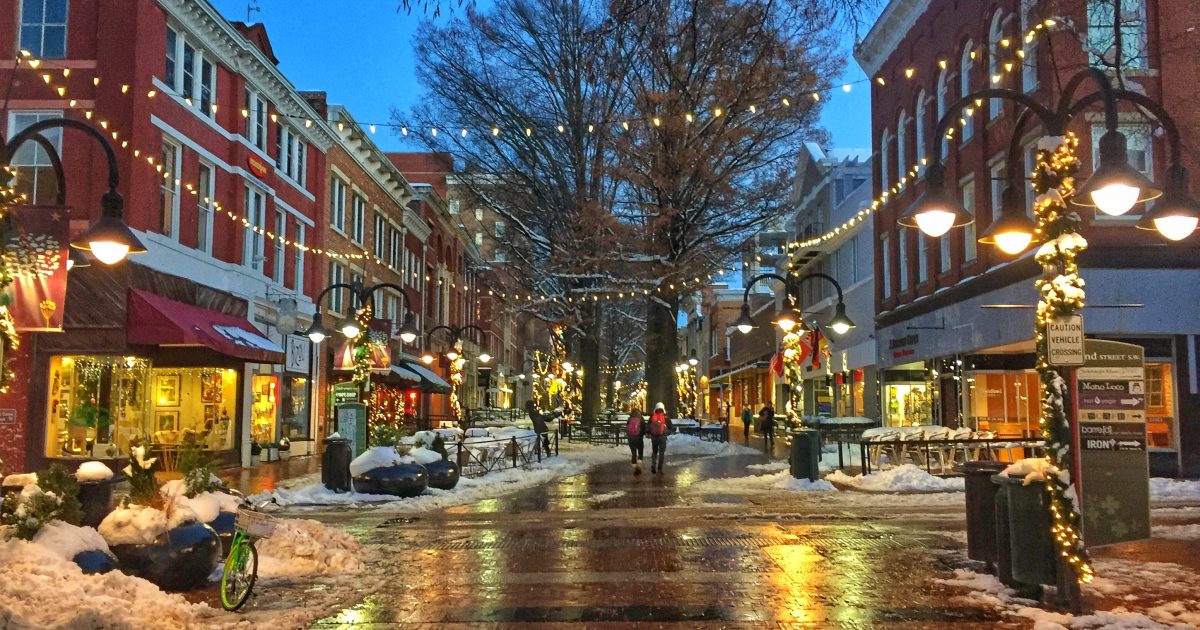
- Nestled in the foothills of the Blue Ridge Mountains, Charlottesville offers a picturesque setting and a strong sense of community.
- Home to the University of Virginia, the city boasts a vibrant arts scene, a charming downtown area, and easy access to outdoor activities in the nearby mountains.
Roanoke:
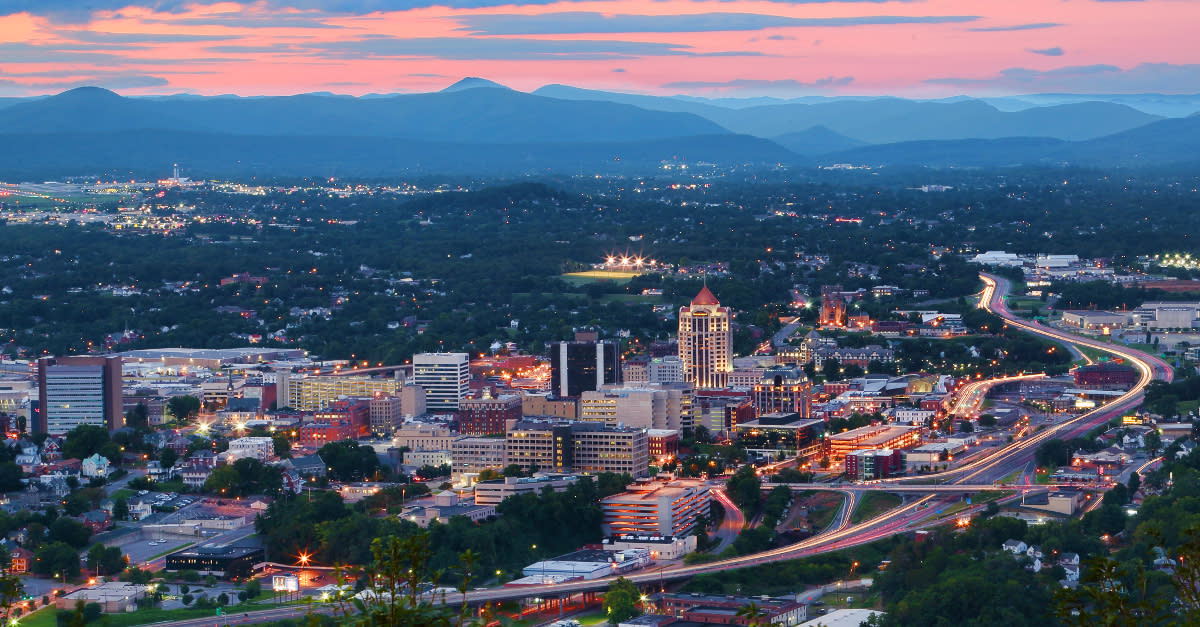
- Surrounded by the stunning Blue Ridge Mountains, Roanoke is a charming city known for its natural beauty and outdoor recreational opportunities.
- The city offers a vibrant downtown area, a thriving arts and music scene, and a close-knit community.
Lynchburg:
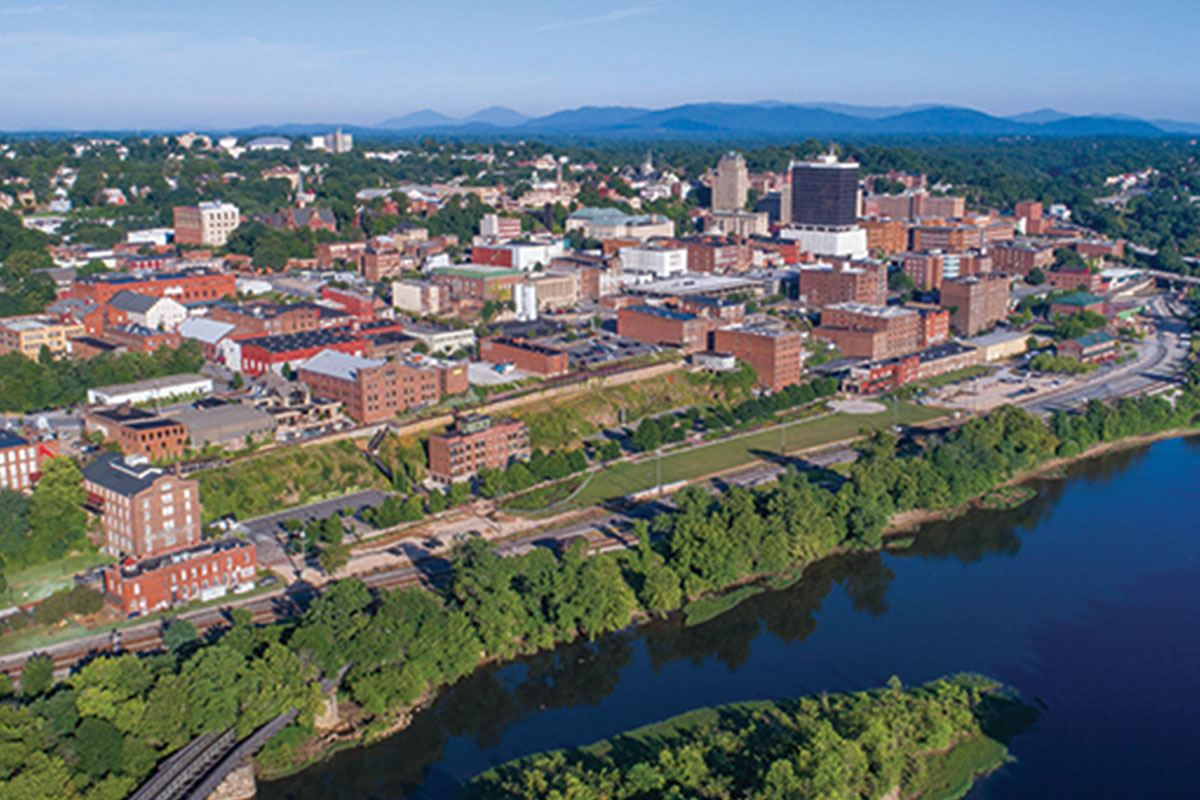
- Located along the scenic James River, Lynchburg is a historic city with a rich heritage and a thriving cultural scene.
- The city offers a range of outdoor activities, including hiking and biking trails, and is home to several higher education institutions.
Chesapeake:

- Chesapeake is a vibrant city in southeastern Virginia, known for its diverse neighborhoods, beautiful parks, and access to the Great Dismal Swamp National Wildlife Refuge.
- The city offers a suburban atmosphere, excellent schools, and a variety of recreational amenities.
Unique Features and Benefits of Each Place
- Arlington’s proximity to Washington, D.C. provides excellent career opportunities and a cosmopolitan atmosphere.
- Alexandria’s historic charm, waterfront views, and cultural attractions create a captivating living experience.
- Richmond’s blend of history, art, and culinary delights offers a dynamic and culturally rich lifestyle.
- Virginia Beach’s coastal ambiance, sandy beaches, and recreational activities provide a relaxed and vibrant beachside living.
- Charlottesville’s scenic beauty, strong sense of community, and intellectual environment make it an ideal place for nature enthusiasts and academics.
- Roanoke’s stunning mountain vistas, thriving arts scene, and outdoor recreation options offer a tranquil and culturally rich lifestyle.
- Lynchburg’s historical significance, scenic location, and educational opportunities make it an appealing place for residents seeking a balanced lifestyle.
- Chesapeake’s diverse neighborhoods, access to nature preserves, and family-friendly atmosphere create a comfortable and welcoming living environment.
Remember, these are just a few examples of the best places to live in Virginia. The state offers a wide range of options to suit different preferences and lifestyles. Exploring each region’s unique features will help you find your ideal spot in the Old Dominion.
Making a Move to Virginia
Before making the decision to relocate to Virginia, it’s essential to carefully consider various factors that can influence your experience. Let’s explore some key considerations to help you determine if Virginia is the right fit for you.
Factors to Consider Before Relocating to Virginia
- Lifestyle and Climate:
- Virginia offers diverse lifestyles, from vibrant urban areas to charming rural communities. Consider your preferences and whether you thrive in a bustling city or prefer a more laid-back environment.
- Additionally, take into account Virginia’s climate, which varies from mild coastal regions to more distinct seasons in the inland areas. Think about the type of weather you enjoy and how it aligns with Virginia’s climate patterns.
- Cost of Living:
- Evaluate your budget and compare it to the cost of living in Virginia. Consider factors such as housing prices, utilities, transportation, taxes, and everyday expenses.
- While some areas may have a higher cost of living, others offer more affordable options. Ensure that living costs align with your financial situation and long-term goals.
- Employment Opportunities:
- Research the job market and employment opportunities in your field of expertise. Virginia is home to a variety of industries, including government, healthcare, technology, education, and more.
- Consider the availability of job prospects and whether they align with your career goals and aspirations.
- Education and Healthcare:
- If you have children or plan to pursue higher education, consider the quality of schools and universities in the area you’re considering.
- Additionally, assess the healthcare facilities and services available to ensure you have access to quality medical care when needed.
- Community and Culture:
- Explore the community and cultural aspects of the regions you’re interested in. Virginia is known for its rich history, diverse cultural heritage, and welcoming communities.
- Consider whether the local community and cultural scene align with your interests and values.
Visit and Explore Virginia Before Making a Final Choice
While research and online resources can provide valuable insights, there’s no substitute for firsthand experience. Before making a final decision to relocate to Virginia, consider visiting and exploring the state.
Take the opportunity to immerse yourself in the local communities, explore different regions, and get a feel for the lifestyle and culture. Visit the cities, spend time in the natural landscapes, and engage with the local residents. This firsthand experience will help you better understand what Virginia has to offer and whether it resonates with your aspirations and lifestyle preferences.
Retiring in Virginia

Virginia offers a compelling setting for retirees seeking a fulfilling and enjoyable lifestyle. Let’s explore why the Old Dominion is an attractive destination.
The Best Things about Living and Retiring in Virginia
- Climate:
- Virginia’s climate provides a pleasant balance, offering mild winters and warm summers. This temperate climate allows retirees to enjoy a variety of outdoor activities year-round.
- Cultural Offerings:
- Virginia is steeped in rich history and offers a vibrant cultural scene. From historic landmarks to world-class museums, art galleries, and theaters, there’s always something to explore and indulge in.
- Recreational Opportunities:
- The state’s diverse landscapes offer ample opportunities for outdoor enthusiasts. Virginia has it all if you enjoy hiking in the Blue Ridge Mountains, exploring scenic trails, or relaxing on the beautiful beaches.
- Healthcare:
- Virginia is home to numerous high-quality healthcare facilities and renowned medical centers. Access to excellent healthcare services is crucial during retirement, providing peace of mind and ensuring you receive the care you need.
- Tax-Friendly:
- Virginia offers favorable tax conditions for retirees. Social Security benefits are not taxed, and there are tax deductions available for certain types of retirement income.
Best Places to Retire in Virginia: Finding Your Ideal Retirement Destination
When it comes to retirement, Virginia offers a variety of retiree-friendly activities and areas. Let’s explore some popular retirement destinations within the state that provide unique advantages for retirees.
- Williamsburg:
Known for its historical significance, Williamsburg offers a charming and culturally rich retirement experience. Immerse yourself in living history museums, stroll through the colonial streets, and engage in a range of recreational activities. The blend of heritage and recreational opportunities makes Williamsburg an appealing choice for retirees seeking a vibrant and intellectually stimulating environment.
- Charlottesville:
With its picturesque setting, intellectual environment, and thriving arts scene, Charlottesville attracts retirees seeking a blend of natural beauty and cultural experiences. Enjoy the stunning backdrop of the Blue Ridge Mountains, explore the historic downtown area, and indulge in the vibrant arts and music culture. Charlottesville offers retirees a balanced and fulfilling retirement lifestyle.
- Virginia Beach:
If you dream of retiring near the coast, Virginia Beach is an excellent choice. The city boasts miles of sandy beaches, a lively boardwalk, and a plethora of recreational and entertainment options. From water sports and fishing to cultural events and dining, Virginia Beach provides retirees with a vibrant coastal lifestyle and a strong sense of community.
- Richmond:
Richmond combines history, arts, and a vibrant city atmosphere, making it an attractive destination for retirees who desire a dynamic urban lifestyle. The city offers a thriving arts scene, historic sites, diverse dining options, and numerous parks and outdoor spaces. Richmond provides retirees with the perfect blend of urban amenities and a rich cultural heritage.
- Roanoke:
Surrounded by the breathtaking Blue Ridge Mountains, Roanoke offers a tranquil and scenic retirement experience. The area boasts a variety of outdoor activities, including hiking, biking, and fishing. The thriving arts community, friendly atmosphere, and close-knit community make Roanoke an appealing choice for retirees seeking a peaceful and nature-oriented retirement.
Each of these Virginia retirement destinations offers unique advantages and retiree-friendly activities. Consider your preferences, interests, and desired lifestyle when choosing the best place to retire in the state.
Frequently Asked Questions (FAQs)
Here are some common questions about living in Virginia:
Q: What is the cost of living in Virginia?
A: The cost of living in Virginia varies depending on the region. Generally, it is slightly higher than the national average, but specific expenses like housing, utilities, and transportation may differ across cities.
Q: Is public transportation easily accessible in Virginia?
A: Virginia offers various public transportation options, including buses, light rail systems, and commuter trains, particularly in metropolitan areas such as Northern Virginia and Richmond.
Q: What are the top industries in Virginia?
A: Virginia has a diverse economy, with key industries including government, healthcare, education, technology, defense, and tourism.
Q: Are there good educational opportunities in Virginia?
A: Virginia is home to prestigious universities such as the University of Virginia and Virginia Tech and a strong public education system.
Q: What are some popular attractions in Virginia?
A: Virginia is a great place rich in historical landmarks, including Colonial Williamsburg, Monticello, and Mount Vernon. The state also offers natural wonders like the Blue Ridge Mountains and the scenic coastline of Virginia Beach.
Q: Is Virginia a tax-friendly state for retirees?
A: Virginia does not tax Social Security benefits and provides tax deductions for certain types of retirement income.
Final Thoughts
Virginia is a diverse and vibrant state with something to offer everyone. Virginia has it all if you’re seeking a bustling urban environment, a serene coastal retreat, or a picturesque mountain escape. We encourage you to research and explore the specific areas that pique your interest.
Take the time to visit and experience Virginia firsthand. Immerse yourself in the local culture, talk to residents, and explore the neighborhoods. By gaining a deeper understanding of the benefits of life in Virginia, you’ll be better equipped to decide whether relocating to the Old Dominion is the right choice for you.
So, start your journey today and discover the countless opportunities and experiences awaiting you in Virginia!




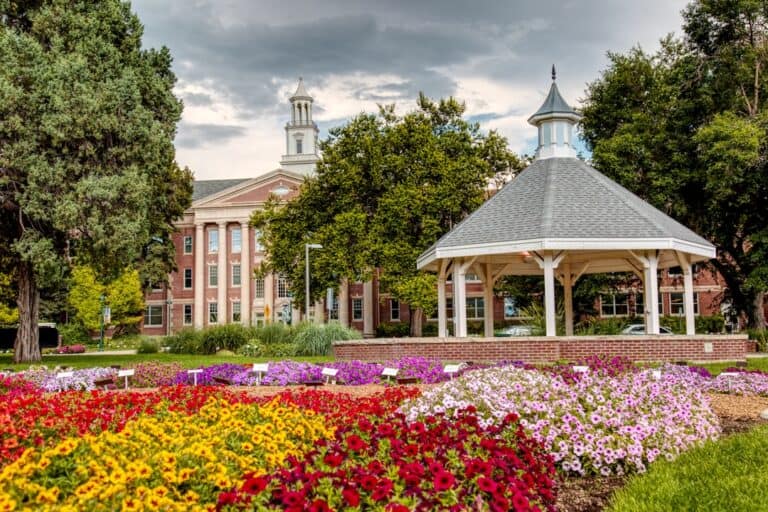


2 Comments
Comments are closed.